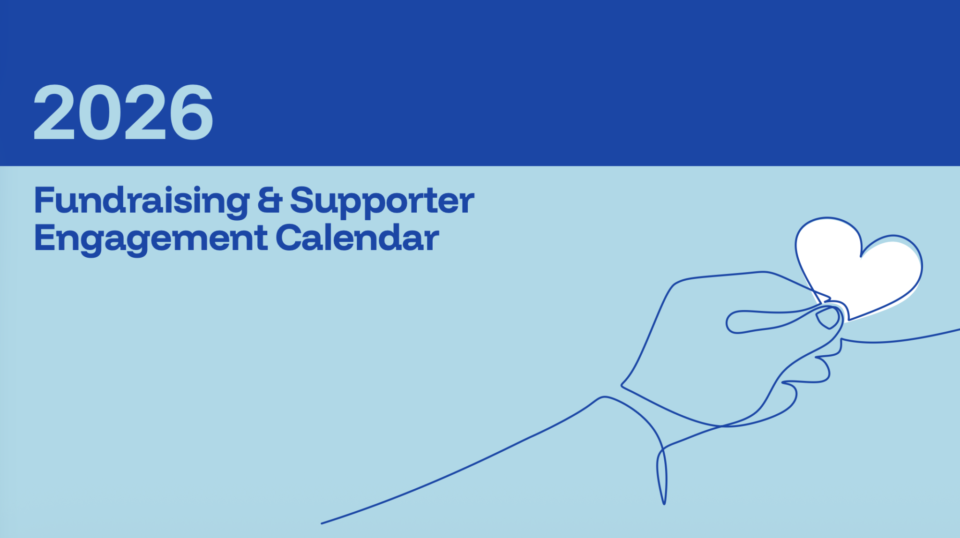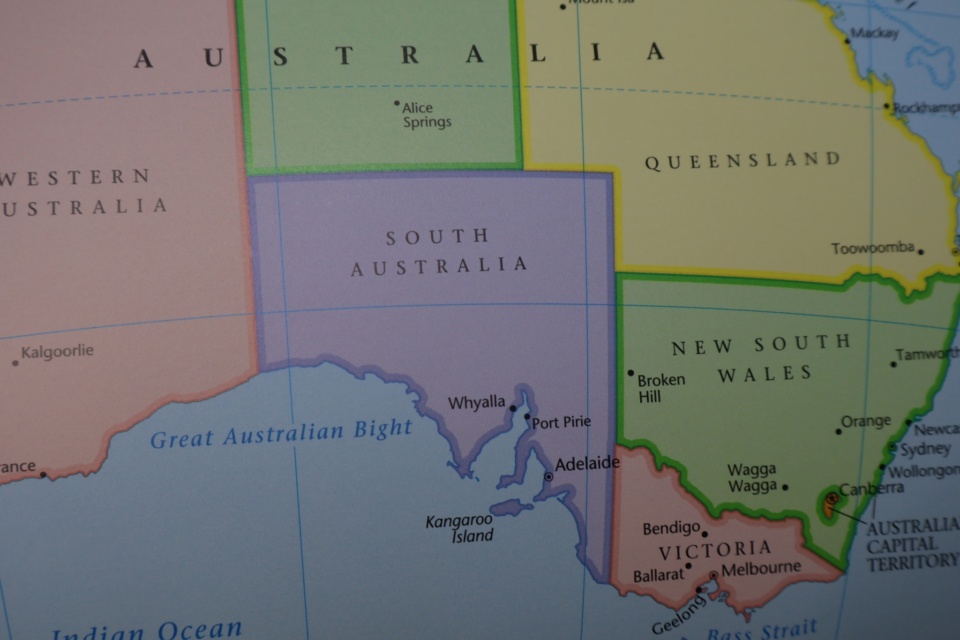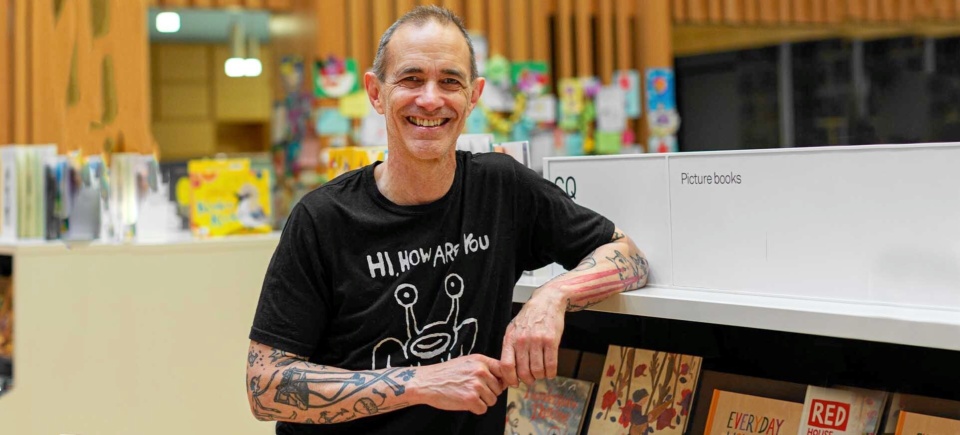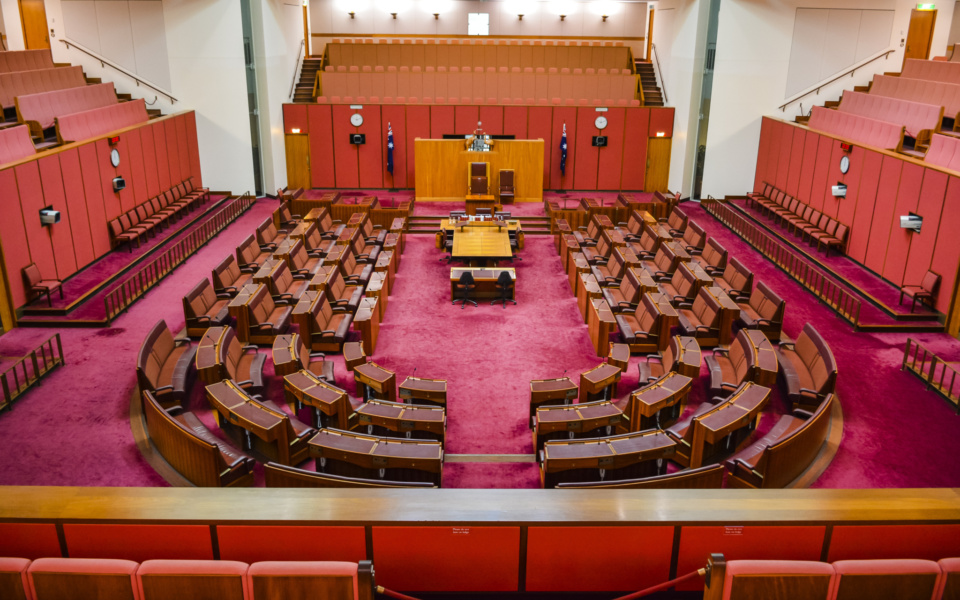
Why Australia’s community organisations need a new governance model
Posted on 25 Feb 2026
Australia’s community organisations are quietly holding society together. From local sporting clubs…
Posted on 11 Jun 2024
By Greg Thom, journalist, Institute of Community Directors Australia

More than 300 organisations have thrown their support behind a campaign to change the narrative about the role played by overhead costs in the not-for-profit and charity sector.
The Reframe Overhead campaign was launched in March at the Fundraising Institute Australia annual conference in Brisbane to counter negativity in relation to the sector’s spending on areas such as administration and training.
The campaign aims to focus attention on the benefits of investing in areas such as capability and wages to attract talent to the sector to help organisations more effectively achieve their purpose.
Richenda Vermeulen, the CEO of Ntegrity, an NFP-focused digital strategy agency helping to shape the Reframe Overhead campaign, said she has been overwhelmed by the amount of support it has received.
“We thought, if 20 people from 20 different NFPs signed on to reframe their overhead communications, it would have an impact, especially if they were larger organisations that other people looked to,” she said.
“We didn’t anticipate more than 500 people signing up.”
Ms Vermeulen said much of the growth had occurred organically and had not been driven by an expensive marketing campaign.
“It’s really word of mouth that continues to drive people taking the [reframe overhead communications] pledge and using the resources on offer,” she said.
More pleasing still was the fact that almost half (48%) of people surveyed after committing to tackle negative perceptions of sector overhead costs had already begun doing so in their own organisations.
Changing the language of overhead costs is a key plank of the campaign.
Organisations are being urged to stop limiting their reporting on fundraising and the impact it makes, and to stop using broad and unclear phrases to describe overhead costs, such as capacity building, infrastructure and administration.
Instead, NFPs and charities should talk more often and in more detail about the impact of overhead costs and fundraising, using clear and authoritative terms such as accountability, governance and sustainability.
They are also being urged to embrace potentially challenging conversations with donors who want to know how their money is being used by explaining the link between overhead costs and the positive impact their organisation is making.
“People know that the reframing needs to happen. We are just trying to provide resources to help make it happen faster,” said Ms Vermeulen.
“For a lot of people working in the not-for-profit sector, much of their time is spent mitigating pushback and questions about overhead costs and it is hard to have the energy and perseverance, really, to continue to navigate people not valuing overhead."
To make the process easier, the campaign has created easy-to-share online resources including:
Ms Vermeulen said the rapid growth of the campaign indicated just how difficult conversations about overhead costs in the sector had become for many organisations.

“For a lot of people working in the not-for-profit sector, much of their time is spent mitigating pushback and questions about overhead costs and it is hard to have the energy and perseverance, really, to continue to navigate people not valuing overhead.
“So, we knew we needed to create resources that were really easy for people to use to create change and influence straight away.”
The Reframe Overhead campaign is supported by several peak sector organisations including The Smith Family and Fundraising Institute Australia (FIA).
It follows the release of the Paying What It Takes report in March 2022 by Social Ventures Australia and the Centre for Social Impact, which found that many charities and NFPs operate with limited reserves and strained finances, which threatens their day-to-day operations.
The report, which included interviews with sector leaders, a review of international research and analysis of financial data from more than 16,000 Australian charities, found:
The sensitivities surrounding overhead costs in the NFP and charity sector were highlighted in the recently released 10th edition of the Australian Charities Report by the Australian Charities and Not-for-profits Commission (ACNC).
The report revealed that while charities’ revenue hit a record high of $203 billion in the 2022 reporting period, expenses increased by more than 12.6% – double the inflation rate.
Employee expenses alone jumped by almost 10%, the highest annual rise ever recorded.
The sobering trends prompted ACNC commissioner Sue Woodward to call out the challenges charities faced.
“Our latest data demonstrates charities make an enormous contribution to Australia’s social fabric, its economy and employment,” said Ms Woodward.
“It is important to recognise that the rise in expenses and liabilities outpaced the rise in revenue and assets in percentage terms.”
Ms Vermeulen acknowledged the report’s findings but was blunt about the need for the sector to factor in overhead costs and explain their vital role.
“Without overhead, there’s no long-term investment,” she said.
“Anyone who works in trying to grow anything knows you need to invest to grow, and the not-for-profit sector has been held to an unreasonable standard for keeping investments low by having to reach aspirational social change goals.
“So, the more we can change the conversation around the importance of overhead and growing it, the more we can spur growth in the sector and allow not-for-profits to be enabled to bring on more positive change.”
To maintain the campaign’s momentum, organisations will soon be able to access:
“What we’ve heard from people that took the pledge is that they need practical examples and consumer-led research to help make the case for change,” said Ms Vermeulen.
“So we are going to have a series of webinars where we’re able to share how they can change their overhead communications and also how to mitigate some conversations that they might be having internally where there is pushback or challenge when it comes to overhead investment.”
The campaign will also check in regularly with those who have signed up to monitor their progress and provide help and advice where needed.
“Our research is showing donors want to hear about fundraising,” said Ms Vermeulen.
“They know that fundraising impacts the ability of not-for-profits to do more good.”
By explaining the concept of the “fundraising multiplier”, for example, an organisation can show that for every dollar it raises, it is able to raise five more dollars to help people.
“We haven’t really known the impact of those really simple things until doing this research, and the research is pointing out that these little things really matter and that they are very easy to change.”
An update on the Reframe Overhead campaign will be delivered at the Philanthropy Australia conference to be held on August 5–7 in Adelaide.

Posted on 25 Feb 2026
Australia’s community organisations are quietly holding society together. From local sporting clubs…

Posted on 25 Feb 2026
Writing communications for donors, stakeholders, regulators and the public can be a relentless task…

Posted on 25 Feb 2026
A Victorian suburb's hot debate about whether trains should live underground or in the sky ended…

Posted on 25 Feb 2026
Three years after the federal government announced that national fundraising principles would be…

Posted on 25 Feb 2026
Author Andy Griffiths has spent 30 years bringing “punk rock” to children’s books, making kids…

Posted on 25 Feb 2026
Senator Dean Smith is back as shadow minister for charities, and he’s told the Community Advocate…

Posted on 18 Feb 2026
Around 50 per cent of all funding for charities in Australia comes from government. The nature of…

Posted on 18 Feb 2026
You wouldn’t try to fix a complex system with one tool. You’d widen the toolkit, improve the…

Posted on 18 Feb 2026
Australia’s champion laundry van charity, Orange Sky, has announced it is ready to expand into…

Posted on 18 Feb 2026
To have any hope of hitting the grand plan of doubling philanthropy by 2030, Australia needs one…

Posted on 18 Feb 2026
When Nyiyaparli woman Jahna Cedar travels to New York next month as part of the Australian…

Posted on 17 Feb 2026
This is the full academic version of Dr Oksana King's thoughts on the need to better compensate and…